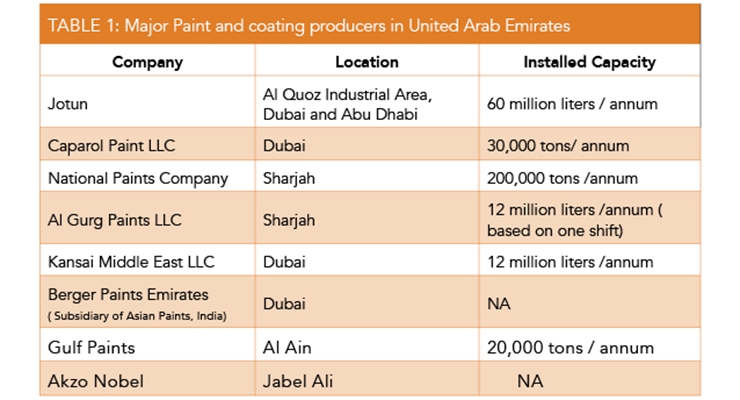Common Mistakes Made In Painting And Just How To Avoid Them
Common Mistakes Made In Painting And Just How To Avoid Them
Blog Article
Created By-Odonnell McLaughlin
When you're getting ready for a paint job, it's simple to ignore some important actions that can make a significant distinction in the result. You may assume missing surface area preparation or choosing the wrong paint won't matter much, yet those decisions can lead to irritating results. Furthermore, improper methods can destroy your effort before it also begins. Understanding these common risks is necessary for achieving a specialist finish, and you might be amazed by how easy changes can change your strategy. So, what are the certain blunders you should keep an eye out for?
Missing Surface Area Preparation
Overlooking surface prep work can cause a host of issues that weaken your paint project. If you avoid this vital action, you're setting yourself up for peeling paint, unequal protection, and even mold and mildew development. Correct prep work ensures that the paint adheres well and lasts longer, conserving you money and time in the long run.
Before you start painting, take the time to clean the surface completely. Dirt, oil, and old paint can interfere with bond, so make use of a suitable cleaner and scrub the area down.
After cleansing, check for any type of blemishes like cracks or holes. Filling these voids not just gives a smoother finish yet additionally stops dampness from permeating in.
Fining sand is another important action. Fining sand rough spots and sides helps create a surface that enables the paint to stick far better. Don't neglect to clean away dirt later, as it can additionally impede bond.
Finally, think about using a guide, especially on bare or discolored surfaces. An excellent primer can help secure the surface and boost the last coating.
Picking the Wrong Paint
Picking the incorrect paint can considerably impact the end result of your job. Each sort of paint offers a special objective, so it's essential to match the paint to your specific surface and setting. For instance, making use of indoor paint for an exterior project can result in peeling off and fading, while exterior paint might not stick well indoors.
In addition, consider the coating you desire. A glossy finish can highlight imperfections, while a matte finish might not be as resilient in high-traffic locations. If you're painting a surface area that experiences moisture, like a restroom, you'll want to pick paint developed to resist mildew and mold and mildew.
Don't forget about color choice, either. What looks fantastic on the example might not equate similarly on your walls. Constantly check a small location initially to see how the color connects with your lights and surroundings.
Ultimately, examine the paint's quality. Lower-quality paints may conserve you money in advance yet can result in even more constant repainting down the line. Investing in the appropriate paint will certainly conserve you effort and time, resulting in a surface that looks great and lasts much longer.
Ignoring Appropriate Method
While it might seem appealing to rush through your painting job, disregarding appropriate method can result in frustrating outcomes. Skipping necessary steps like surface area prep work or utilizing the wrong brush can spoil your hard work.
Begin by cleaning the surface and filling up any type of openings or fractures. A smooth base is critical for a remarkable finish.
When using paint, use even strokes and do not overload your brush. It's very easy to create drips or streaks if you're not mindful. Rather than slapping on thick layers, choose several thin layers. This technique guarantees much better bond and a much more professional look.
Don't ignore drying times. If you apply an additional coat ahead of time, you take the chance of smudging or peeling off. Constantly follow please click the next page for drying out times to attain the most effective results.
Lastly, spend time in discovering strategies like cutting in and rolling. Understanding these abilities will certainly elevate your paint game, leading to a more polished appearance.
Conclusion
In conclusion, staying clear of usual paint mistakes can make a considerable difference in your project's success. Always prepare your surface areas, pick the ideal paint for the setting, and apply strategies like slim layers and proper drying out times. By taking note of these information, you'll achieve a smooth, lasting coating that boosts your space. Make the effort to follow these suggestions, and you'll not only save on your own stress but also appreciate the outcomes of your effort.
